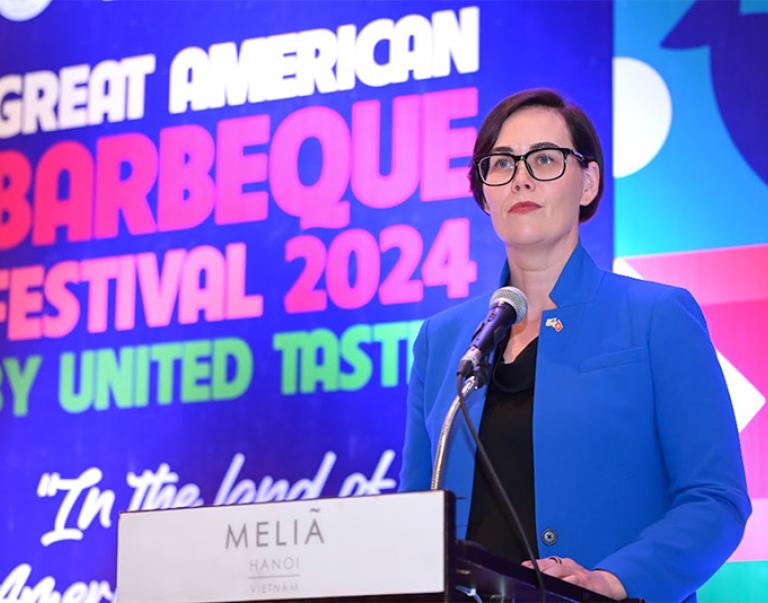USDA has a proven track record of protecting U.S. farmers and has many safeguards in place to prevent the introduction of foreign animal diseases.
When ASF was detected in the Dominican Republic and Haiti, USDA immediately enhanced existing exclusion efforts due to the proximity of the detections to Puerto Rico and the U.S. Virgin Islands. Working closely with federal partners, Puerto Rico, the U.S. Virgin Islands, and industry, USDA renewed its commitment to protecting U.S. swine:
- Enhancing ASF surveillance in Puerto Rico and the U.S. Virgin Islands;
- Expanding an existing classical swine fever sampling and testing program to include ASF;
- Enhancing outreach in Puerto Rico and the U.S. Virgin Islands, to remind residents not to bring in foreign pork or pork products from ASF-affected countries;
- Working with U.S. Customs and Border Protection to increase inspections of Dominican Republic flights for prohibited products and ensure proper disposal of airplane garbage; and
- Continuing efforts to remove urban Puerto Rican feral swine.
To further protect U.S. swine production, USDA suspended the interstate movement of all live swine, swine germplasm, swine products, and swine byproducts from Puerto Rico and the U.S. Virgin Islands to the U.S. mainland. We also established an OIE-recognized foreign animal disease protection zone (PZ) around Puerto Rico and the U.S. Virgin Islands to prevent disease entry and protect mainland producers and their markets.
Here at home, we’ve reached out to domestic producers to remind them how critically important biosecurity is on U.S. farms. Our experts are examining possible ASF-introduction pathways alongside industry and academic experts and identifying risk-reducing strategies.
Through the Protect Our Pigs campaign, USDA is raising awareness of ASF to help commercial pork producers, veterinarians, pig owners and hobbyists quickly find and share actionable information to defend their herds and livelihoods. You can help protect our future! Free resources, such as custom videos, downloadable materials, and interactive training guides are available at the Protect Our Pigs website.
We encourage travelers to check out the information on our APHIS website to learn what they can do to help stop ASF from reaching the U.S.




